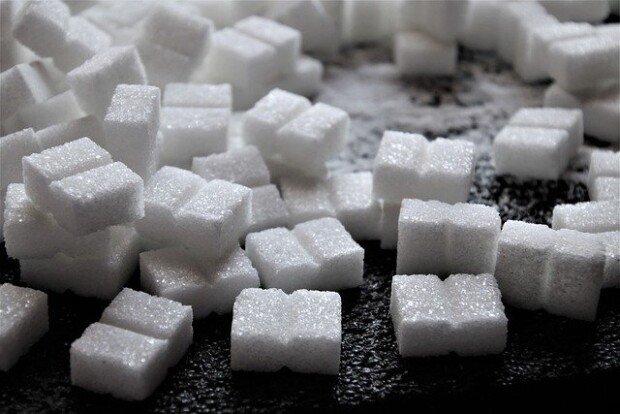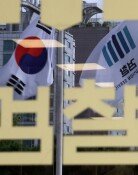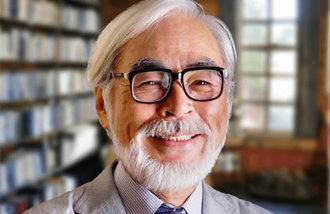India restricts sugar exports at 10 million tonnes
India restricts sugar exports at 10 million tonnes
Posted May. 26, 2022 07:52,
Updated May. 26, 2022 07:52

India, the second largest exporter of sugar in the world, has restricted sugar exports on account of food security issues, reported Reuters on Wednesday (local time). India has previously restricted exports of wheat. Major exporters of crops have been increasingly imposing trade protectionist measures amid rising food security concerns triggered by Russia’s invasion of Ukraine.
According to Reuters, the Indian government has decided to restrict sugar exports this year to 10 million tons and have sugar exports from June to October obtain government approval. India is the largest producer of sugar and the second largest exporter after Brazil. “The government is trying to secure a sufficient supply of sugar in the festival season in the fourth quarter,” said a dealer with a trade company based in Mumbai.
Global food markets immediately responded to this announcement, with the cost of white sugar rising more than 1% in the London futures market. Indian sugar exporters, however, are optimistic of exports as they are predicting large production volume. Still, some are concerned of other export restrictions imposed by other sugar exporting countries, which may further increase sugar prices. Pakistan has announced on May 9 that it would stop sugar exports.
Stronger food security restrictions are being enforced with the war in Ukraine. India stopped wheat exports on May 13 on account of stable food supply at home. Indonesia and Malaysia have stopped exports of palm oil and chicken, respectively. As major grain exporters such as Russia and Ukraine are discontinuing crop supply, other food exporters have enforced stronger export restrictions, fueling inflation in other countries.
“Around 30 countries have imposed restrictions on raw materials including food and energy sources. Undoing integration that has been achieved for decades would make the world poorer and more dangerous,” the IMF warned. U.S. Citi Group Vice President Jay Collins said that global leaders should sit at the table and discuss how to control food trade investment.
Seong-Mo Kim mo@donga.com
Headline News
- Lee acquitted of subornation of perjury charges in first trial
- Trump’s second term to pressure S. Korea to join China export controls
- 25 cases of technology theft to overseas caught this year
- Russia warns S. Korea over supplying lethal weapons to Ukraine
- Lee Jae-sung scores header goals in consecutive Bundesliga matches







